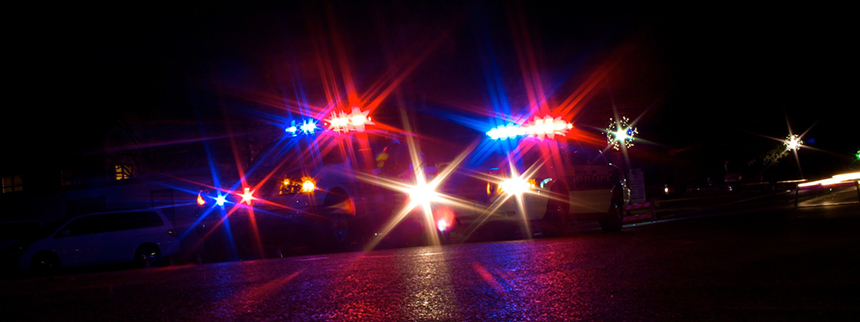Blue, red and amber lights mean slow down and move over
 Blue, red and amber lights mean slow down and move over Law changes in effect today
Blue, red and amber lights mean slow down and move over Law changes in effect today
From The Eagle Tribune 2008
By Jarret Bencks
When emergency vehicles arrive at an accident, safety officials said vehicles with lights that aren’t red or blue don’t get the same level of respect from motorists — and it puts workers in danger.
“It’s unnerving when someone blows by you at 70 mph,” said Bill Boynton, spokesman for the Department of Transportation, whose vehicles have amber lights. “We’ve had a few instances where people have had to jump over guardrails just to get out of the way.”
Beginning today, changes to the state’s Move Over Law will clearly include tow trucks and DOT vehicles as emergency vehicles. Drivers will be required to slow down and make room for those vehicles at roadside emergencies, along with police and fire vehicles. Violating the law can result in a fine of $150, according to New Hampshire State Police.
Originally enacted in 2005, the law requires drivers to slow down and move over for stationary emergency vehicles at accidents. But that law did not specify an emergency vehicle, said Jim Van Dongen, spokesman for the Department of Safety. The changes effective today specify drivers must slow down and make room for stationary vehicles with red, blue and amber lights when approaching a roadside emergency.
The bill to change the law was approved by the Legislature in June. The bill was sponsored by Rep. Sherman Packard, R-Londonderry, and cosponsored by Sen. Robert Letourneau, R-Derry.
“The goal is to help protect people out there protecting us,” Packard said. “Police officers, tow truck operators, construction workers have been hit because people aren’t paying attention. I would hope this would open some eyes.”
Between 1995 and 2006, 144 U.S. law enforcement officers were killed accidentally on motor vehicle stops or while directing traffic, according to statistics from the Department of Safety. In the last 10 years, two workers for New Hampshire’s Department of Transportation have died in roadside incidents. While there are no statistics for tow truck operators, the Towing and Recovery Association of America lists 94 tow truck drivers killed in roadside incidents.
Packard added that the intention of the law is not to collect more fines.
“It was solely put in place for protection,” Packard said.
The law has not been enforced much in the past, but that will change, according to state safety officials.
State police Lt. Chris Oucoin said people largely don’t follow the law as it stands now and state police will begin to take measures to raise awareness.
“I think there is going to be some education required through some enforcement,” Oucoin said.
Packard said he sponsored the bill because of deaths and injuries at roadside situations. In 2007, Derry police Officer Robert Moore was hit by a drunken driver while he was working a traffic detail on Route 28 in Windham.
Moore was taken by helicopter to a Boston hospital, where he spent three months recovering from a broken pelvis, and torn muscles and tendons.
In June, Windham police Officer Greg Malisos was working a traffic detail on Route 111 when an SUV hit his leg and knocked him into a ditch. Malisos escaped with only minor injuries.
“Sometimes people have all kinds of space to move over, but they just don’t,” Salem Deputy Chief Bill Ganley said. “There’s definitely room for improvement.”
Brian Bauchman, a tow truck driver from Windham, said along with the dangers of roadside accidents, getting to them can be a challenge for tow trucks when traffic is backed up.
“When we work tractor-trailer wrecks on the highway, people will block us out, they won’t let us by,” Bauchman said. “You can be blowing your horn and have your lights on, and they won’t get out of the way.”
Signs have been up on highways around the state over the last week, notifying drivers of the changes to the law and asking drivers to slow down and make room for red, blue and amber lights. New Hampshire is one of 45 states nationwide with a move over law.







